Hitsujibungaku’s Present and Future - Strumming Out Alternative Rock at the Center of J-pop [Part 1 of 2]
2024.03.05

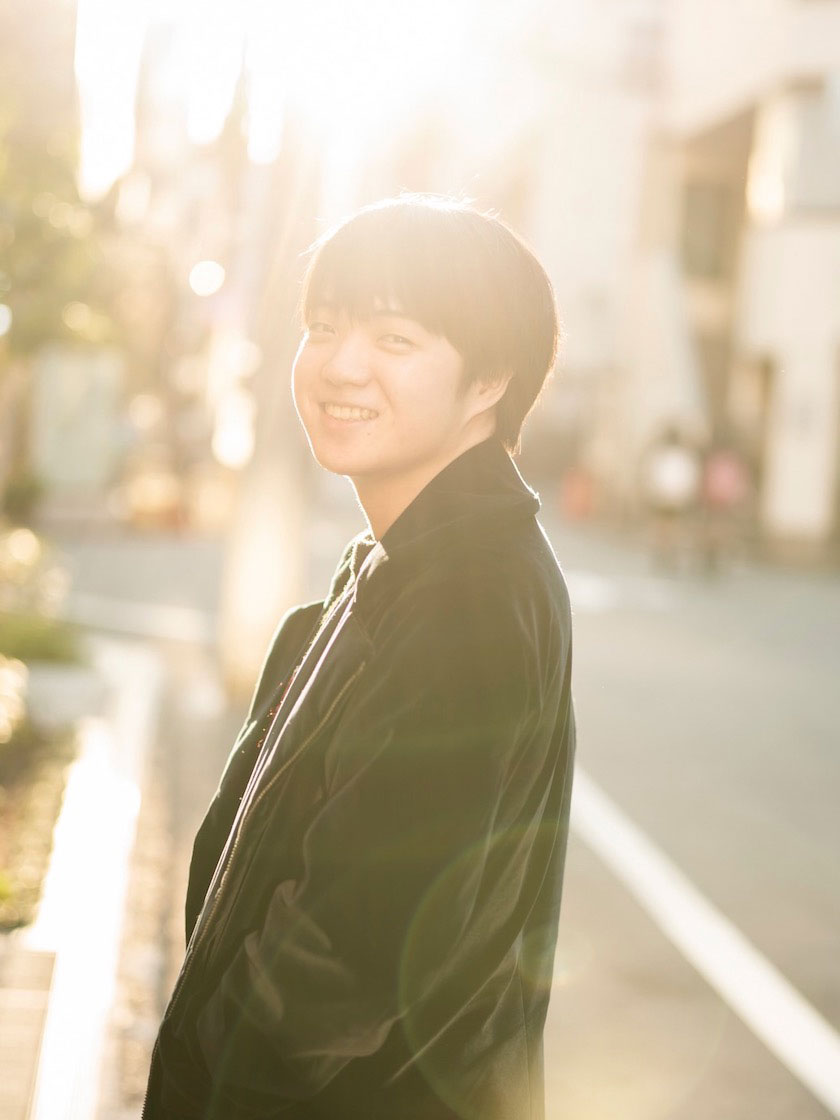
2022.04.04
“Artist Profile” - a serial feature uncovering the true stories of up-and-coming artists.
This time, we feature pianist Mao Fujita, who is garnering considerable attention in the world of classical music. After securing Second Prize at the 16th International Tchaikovsky Competition in 2019, he has been making remarkable strides on the world stage. With his exceptional musicality, unique tone, and a character beloved by all, Fujita captivates even renowned maestros. What kind of artist is Mao Fujita? We discuss with him about his upbringing and how he met his mentors, all the way up to his album recordings. Let's dive into his story.
In this first part, we focus our discussion on recording Mozart under his exclusive worldwide contract with Sony Classical.
※The original Japanese article appeared on April 4 and 5, 2022.
Mao Fujita
Born in Tokyo in 1998. He is a graduate of the Tokyo College of Music. He won Second Prize at the International Tchaikovsky Competition in June 2019. He has been enthusiastically received by competition juries and audiences alike, and has attracted worldwide attention. In 2017, at the age of 18, he won First Prize at the Concours International de Piano Clara Haskil, along with the Audience Award, Prix Modern Times, and the Prix Coup de Coeur. He has also won awards both domestically and internationally, such as First Prize in the Hamamatsu International Piano Competition in 2016. He has participated in various music festivals across the globe including the Verbier Festival, Klavier-Festival Ruhr, La Folle Journée de Nantes, Tsinandali Festival in Georgia, and Jūrmala Festival in Riga. In 2020, he received the 21st Hotel Okura Music Award and the 30th Idemitsu Music Award given to promising young talents.
At the age of 23 (at the time of the interview), pianist Mao Fujita is already making waves on the world stage. In June 2019, he won the honorable Second Prize at the prestigious and authoritative (16th) International Tchaikovsky Competition. What drew attention was the fervor of the audience from the first round of the competition all the way through to the final.
"When I finished playing in the first round, I was surprised by the standing ovation from the audience. The relationship between the jury members also seemed very friendly, and I thought overall it was a really interesting competition. To begin with, the great pianists on the jury were sitting in the front row of the first floor, watching the contestants’ each and every move intently. It was really heartwarming to see them applaud warmly, nod, and smile after each piece. But some of the other contestants looked pale when I passed by them... That's when I realized, 'I'm participating in such an amazing competition!'"
His boldness and natural panache seemed to have played a part in his success on the grand stage.
"Still, as I advanced through the rounds, I got more and more nervous. That's because I saw myself prominently featured in the local newspapers with photos, and it seemed like there were predictions about what the final rankings would be. So, I felt quite pressured."
Countless messages of encouragement and praise poured in from renowned maestros . They were all mesmerized once they shared the stage with Mao Fujita in concertos. Has there ever been a young Japanese pianist who has captivated conductors and discerning producers worldwide like him?
Always wearing a smile, he is a “beloved character” who is affectionately known as "Mao-kun" or "Mao-chan" by everyone. His joyful expression while playing the piano in particular leaves an impression. The gentle and soft aura enveloping him resonates deeply with the music he creates, capturing the hearts of listeners even more.
In November 2021, the groundbreaking news arrived that Mao Fujita had signed an exclusive worldwide contract with Sony Classical. While Japanese violinists Midori Goto and Daishin Kashimoto had previously signed such contracts, Fujita became the first pianist to do so. Moreover, his debut album on this prestigious label is "Mozart’s Complete Piano Sonatas," undoubtedly a feat that will be remembered for generations to come. Recordings had already been completed in Berlin during 2021. Mao Fujita reflects on his work with the Sony Classical team:
"I was deeply moved by each and every staff member, from the president to the directors, who approached their work with conviction. They respected me as an artist despite my young age and not being fluent in English at a native level. They listened to my each and every word attentively. Every step of the process was meaningful to me, and it truly was an unprecedented series of experiences in my life to that point."
He was impressed by the humility and technical prowess of each member of the staff, with each embodying the corporate values of Sony Classical. Above all, he was impressed with the power of their teamwork.
"I received an enthusiastic offer from Sony Classical, and from the very beginning, the discussion progressed in line with my wish to record 'Mozart's works.' When I first met the president, he said to me, 'I feel that your musicality and value as a pianist are unparalleled. This recording will be your first worldwide release, so let's proceed under the most perfect conditions possible. We have a clear vision for your future as well.'"
Given that pianist Igor Levit had released a complete collection of Beethoven's Piano Sonatas on the same label in 2019, the president also expressed a heartfelt sentiment:
"When the president said, 'If Igor Levit releases the complete works of Beethoven and you release the complete works of Mozart, there would be no greater joy for us. And MAO, if you’re the one to accomplish it, we would be truly delighted,' my heart swelled with warmth."
While Mao Fujita gains a complete mastery of a wide repertoire, his affinity with Mozart is particularly noteworthy. However, when asked about his introduction to Mozart's works, he surprisingly reveals:
"My encounter with Mozart is relatively recent. It was around the time of the Concours International de Piano Clara Haskil in 2017 (Note: Fujita Mao won First Prize at this competition). Mozart's piano sonatas were part of the assigned piece for the competition, and I chose Mozart's concerto for the final round as well. While the other two finalists chose concertos by Schumann or Chopin, I performed Mozart's Piano Concerto No.24 (K.491).
K.491, famously performed by Clara Haskil herself, came to mind. I had been listening to her recordings for a long time, so perhaps that's where the inspiration came from. I used to go to Mozart's operas with my parents, so I had a connection with Mozart since childhood, but I didn't start performing his works myself until after this competition."
He mentions having listened to recordings of Mozart by various pianists such as Clara Haskil, Dinu Lipatti, and Glenn Gould since childhood, but we didn’t expect his answer to be that he had "hardly played them himself."
"At the Verbier Festival last year (Note: a classical music festival held annually in Switzerland during the summer), I played all 18 of Mozart’s piano sonatas and concertos. This was because the artistic director of the Verbier Festival had heard my performance at the final of the Concours International de Piano Clara Haskil. Before the final results were announced, he came to my dressing room and said to me:
'I already think you're the best. I'll send out an invitation for you to attend the Verbier Festival Academy next year.' Thus, I became an academy student at the Verbier Festival for the first time in 2018, and in 2020 and 2021, I received offers to be an artist. Especially in 2021, when I received an offer to perform Mozart's complete piano sonatas, I only had about three of them in my repertoire, so I had to quickly study the remaining 15 pieces (laughs)."
With his trademark bright laughter and candid demeanor, he shared this bold anecdote.
One of the aspects that impresses listeners most when hearing Mao Fujita's Mozart is the “richness of poetic sentiment" a feeling as though he were weaving together emotion with his own words. At the same time, what stands out the most is the unparalleled beauty of his tone, which naturally emanates from his graceful movements, as delicate and brilliant as a droplet of dew hanging from a leaf.
"I've studied the 'tone of Mozart.' As I mentioned earlier, I've listened to recordings by great pianists since childhood. Among them, Vladimir Horowitz's performance left a deep impression on me.
There's a live recording of Vladimir Horowitz's concert at The Grand Hall of the Moscow Conservatory in 1986, where his performance of Mozart's Piano Sonata No.10 (K.330) is just breathtaking... It transcends the framework of classical forms and structures, vividly presenting 'Mozart's music' to the listener. It's incredibly free, overflowing with various elements of tone and touch. He dares to attempt interpretations that you wouldn't normally expect in classical pieces.
Until then, I myself had assumed that Mozart's works were limited in their expression because of the small number of notes he used. But encountering this performance made me realize, 'This kind of interpretation is also possible!’ It completely dispelled my preconceptions that 'Mozart must be played this way,' leading me to think, 'It's okay to have this kind of open-minded interpretation, with tone, touch, and expression.'"
It was impressive to see Mao Fujita, who had been calm until now, leaning forward and speaking with enthusiasm.
"While I think strict, classical interpretations of Mozart are wonderful, personally, I hope to continue discovering new and fascinating aspects within Mozart's works. Of course, it's an absolute requirement not to stray from the 'framework' in a stylistic sense, but I believe that playing him the exact same way is pointless.
There are dramatic works within Mozart's compositions, written in the sorrow of losing his mother. Of course, from my own life experiences, there are still so many unknowns. So, it's all about 'doing what I can do now!'"
In the second part, we will delve into his relentless quest for the essence of his "tone" and the warm family bonds that have nurtured the pianist, Mao Fujita.
Text by Kumiko Asaoka
Photos by Osamu Hoshikawa
Translated by Yumi Hasegawa
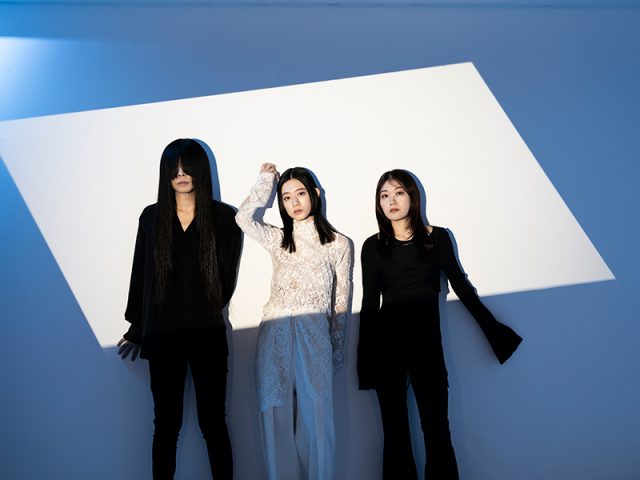
2024.03.05
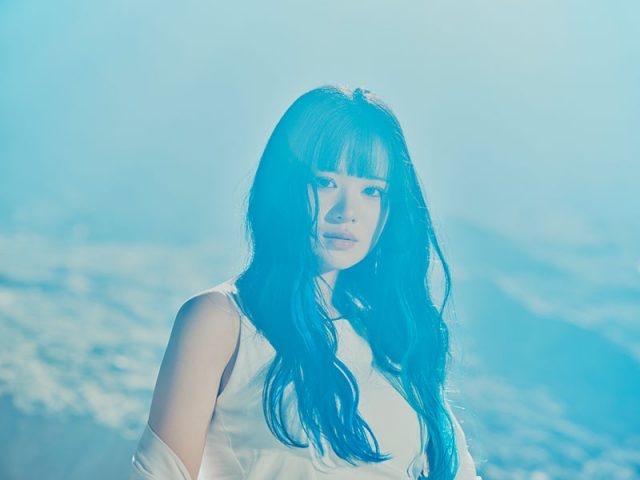
2024.02.16
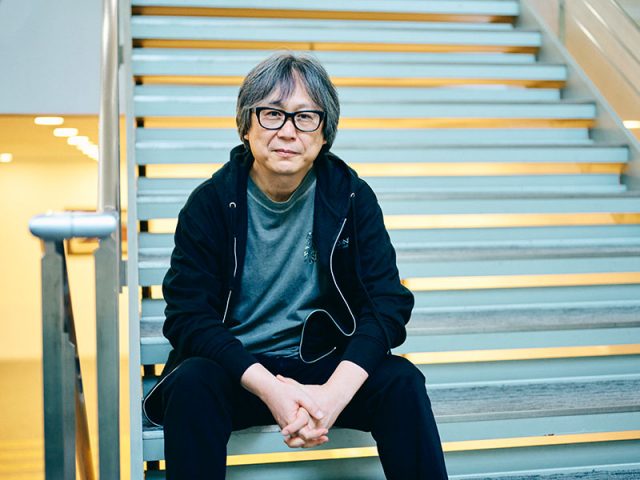
2023.11.15
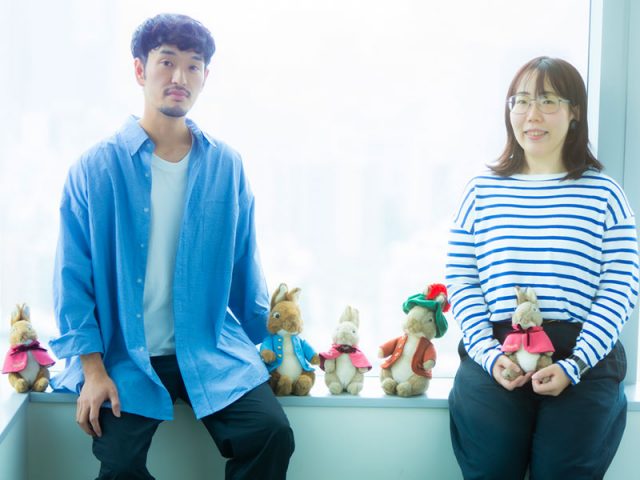
2023.10.30
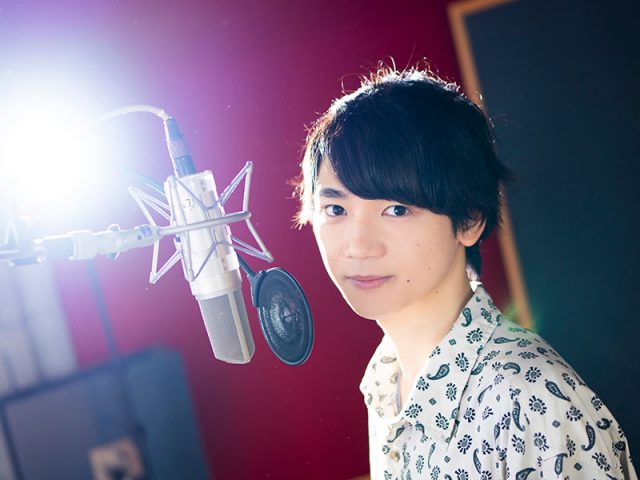
2023.07.21
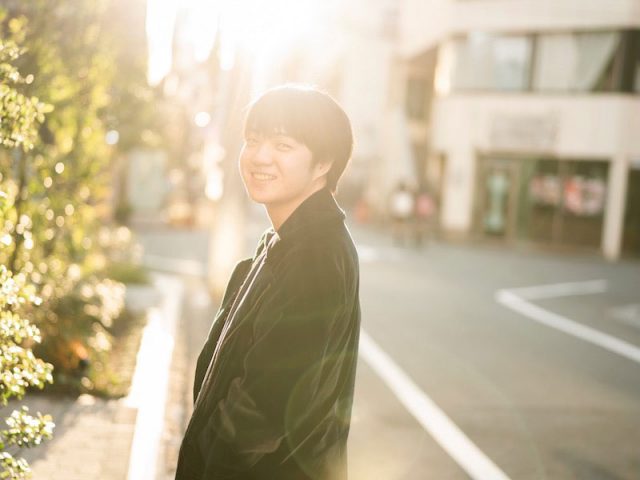
2022.04.04
Follow the official Sony Music SNS
Get the latest news from Cocotame